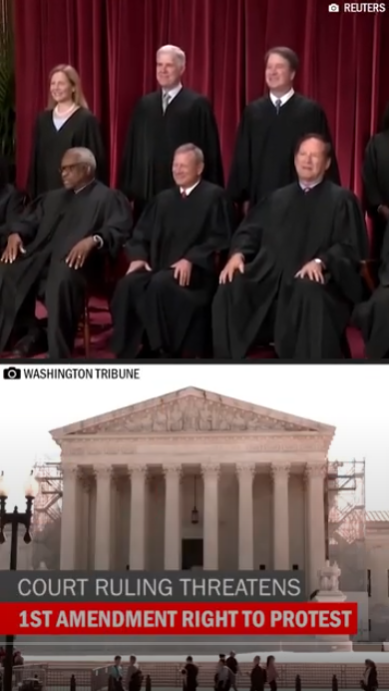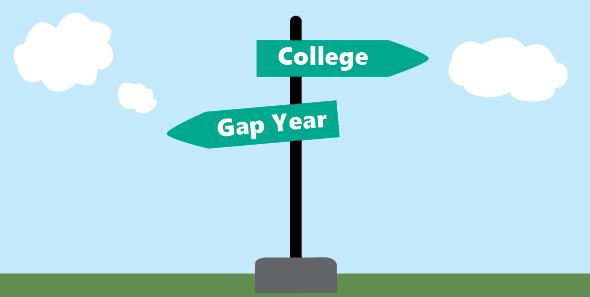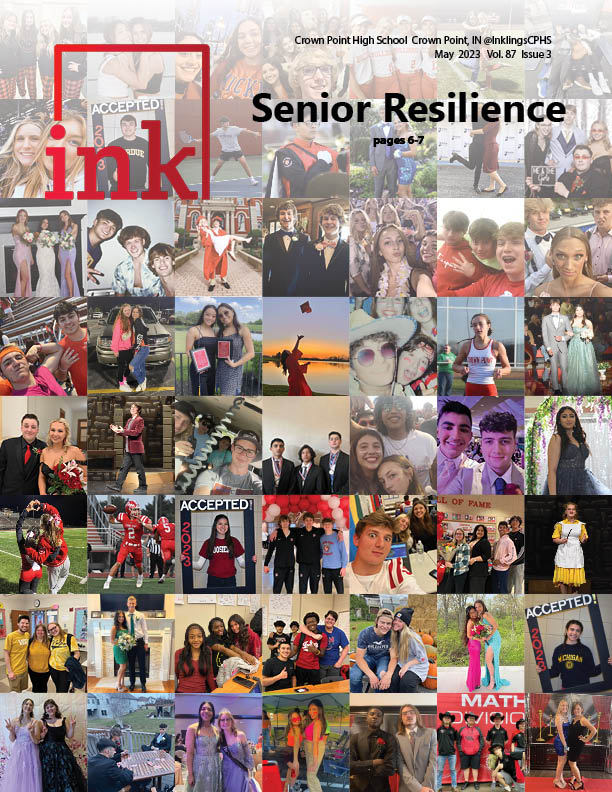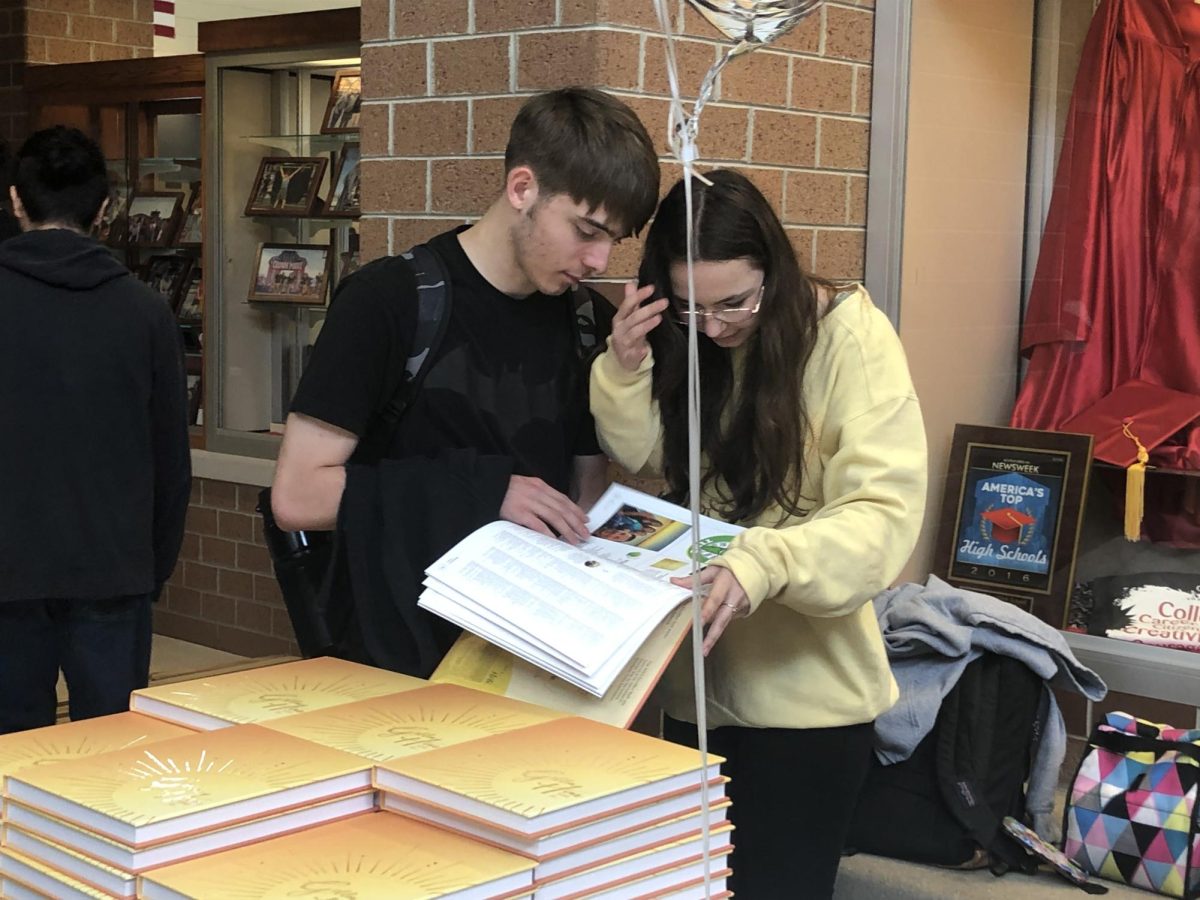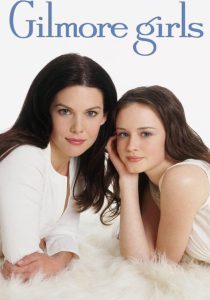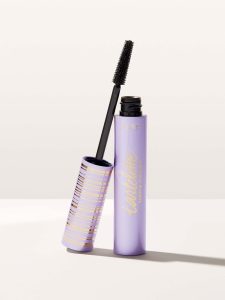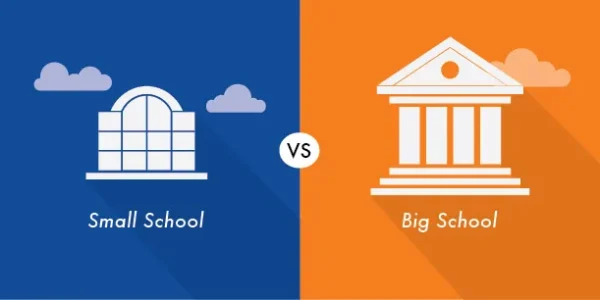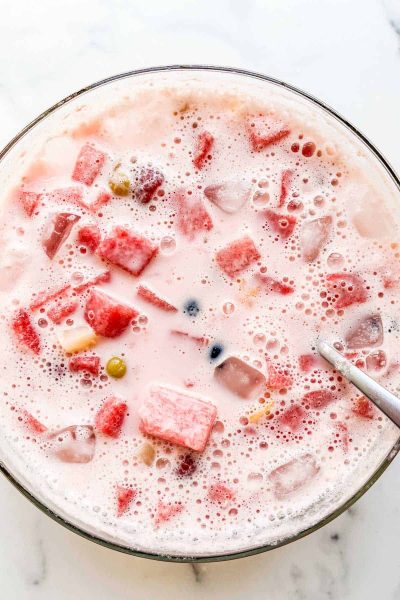The Cost of Consumerism
With the holidays right around the corner, holiday products have various effects on our economy, environment, and health.
January 6, 2023
With holidays right around every corner, people are always getting ready to celebrate the season, whether they’re buying gifts, decorations, or drinks. But with festivities running high, so are the prices of the holiday themed products that we all invest in– but do we really need them? While Halloween socks and Christmas themed drinks may be fun, the cost of their consumerism on our environment and our wallets may vary.
A study done in the US proved that each person produces around 1,400 pounds of additional carbon dioxide during the holiday season due to an increase in consumption. Only in the United States, about 200 billion dollars a year is spent during the 7 major holidays, with an estimated 80% of purchases being thrown away shortly after purchase.
“In all honesty, depending on the product, I will probably forget about the product or discard it after the holiday is over. It’s not intentional, I just forget about them or get busy,” junior Rianne Murphy said.
People spend and spend during the holiday season on countless things that may not even be useful in the long run, which brings up the question if these purchases are really needed, or if they’re impulsively bought due to the rush of the holiday spirit.
“ I know it’s not the best idea but I still end up doing it anyway. With Starbucks and candles and pajamas, it’s so hard to not blow all of my money on little pointless things,” says sophomore Izzy Adams.
Holidays are also a chance for businesses to make more money and capitalize on the process of consumerism. For example, Black Friday, a day that marks the beginning of the holiday shopping season, especially encourages consumers to impulsively spend, as prices appear lower and signs beg them to buy. According to Adobe Analytics, during 2020, approximately 9 billion was spent online on Black Friday–an increase of 22% from the previous year.
“I don’t think holiday spending is necessarily good or bad, though I’m sure holiday spending contributes to overconsumption, and businesses capitalize off people by overcharging for holiday themed products,” Murphy said.
Though, there might be something to say for all of this. Although the effects of this overconsumption vary for the worse, it also brings a certain sense of community and wholeness which provides another factor worth considering concerning consumerism.
“I think that Christmas is a wonderful time of year and we as a society change this bleak, cold, and depressing time of year into a very beautiful aesthetic. Because of this I think that it is a good idea, but I also think that companies make a lot of money off of this pressure to conform,” sophomore Austin Shackleton said.
On another hand, various psychologists confirm that decking the halls and lighting our houses is actually good for our mental health. According to Dr. Barbara Shabazz, holiday products and decorations can modify our feel-good hormones, creating a neurological shift that spikes our dopamine, making us feel happier and lighter than if it were just another day.
“I think people spend more during the holidays on gifts or holiday decorations, and other things to get in the holiday spirit because it makes people feel happier,” sophomore Logan Mikkola said.
The giving of gifts and holiday themed items is actually associated with the reward circuitry of our brain, causing the release of dopamine and endorphins. Researchers have described a ‘helper’s high’, which is experienced after giving. These chemicals can reduce stress and increase the urge to display kindness.
“I think it’s a good idea to spend money, it’s a few months of the year that you can give gifts to people who you care about, and there’s nothing wrong with spending money,” Mikkola said.
Because of this, we can wonder if the money we spend on holiday products really is digging a hole in our pocket, or if it’s money well spent to help people appreciate the joy that each holiday gives us.
“During holiday seasons people see new things in the store and go crazy. People also buy gifts for other people and buy unnecessary items for their family and friends. Even if a person doesn’t need anything, they are tempted to buy things by how they are advertised so cheerfully.” said Adams.
When we see these products, we initially only think about the good things– generosity, excitement, joy. But those things have a cost, and it’s being taken out of our environment and our wallets, and handing it to the businesses that profit off of our overconsumption. As a society, it’s important to be eco-conscious and buy products that we see ourselves using year after year.
“I repetitively use my holiday products if it is something that I can save. Valentine’s Day decorations and blankets and stuff like that can be put in a bin and reused, I don’t see why anyone would want to throw away any decorations and buy new ones, especially if they were expensive.” says Adams.
The holidays are a time filled with love, happiness and giving, which may cloud our judgment from time to time when it comes to buying. It’s important to be a wise spender and be aware of the price that the economy is paying for the overconsumption of holiday goods.


